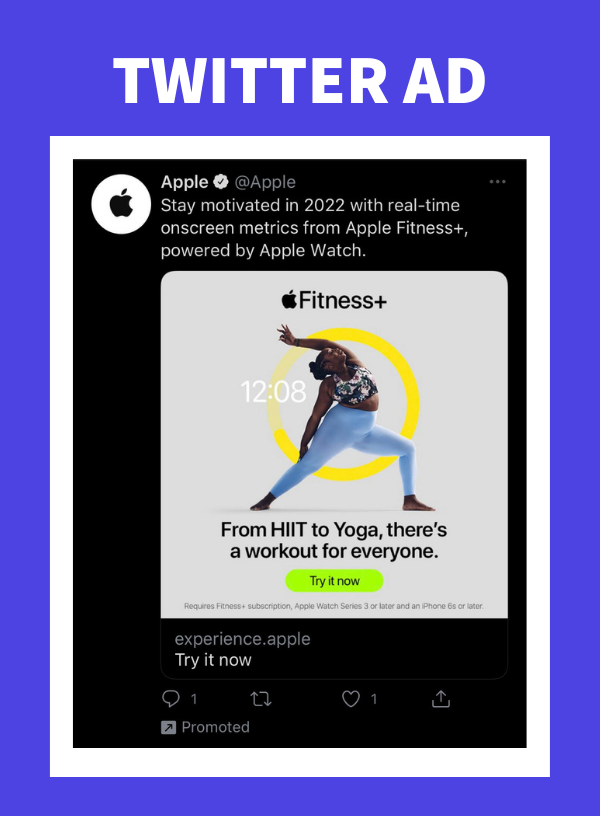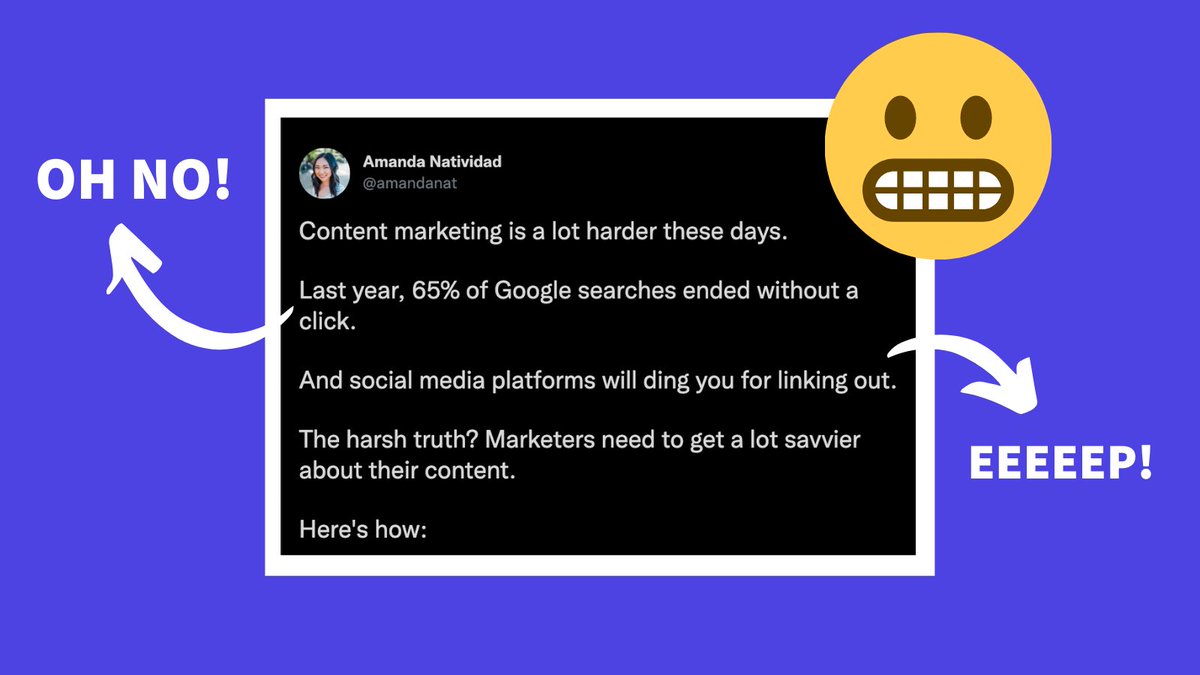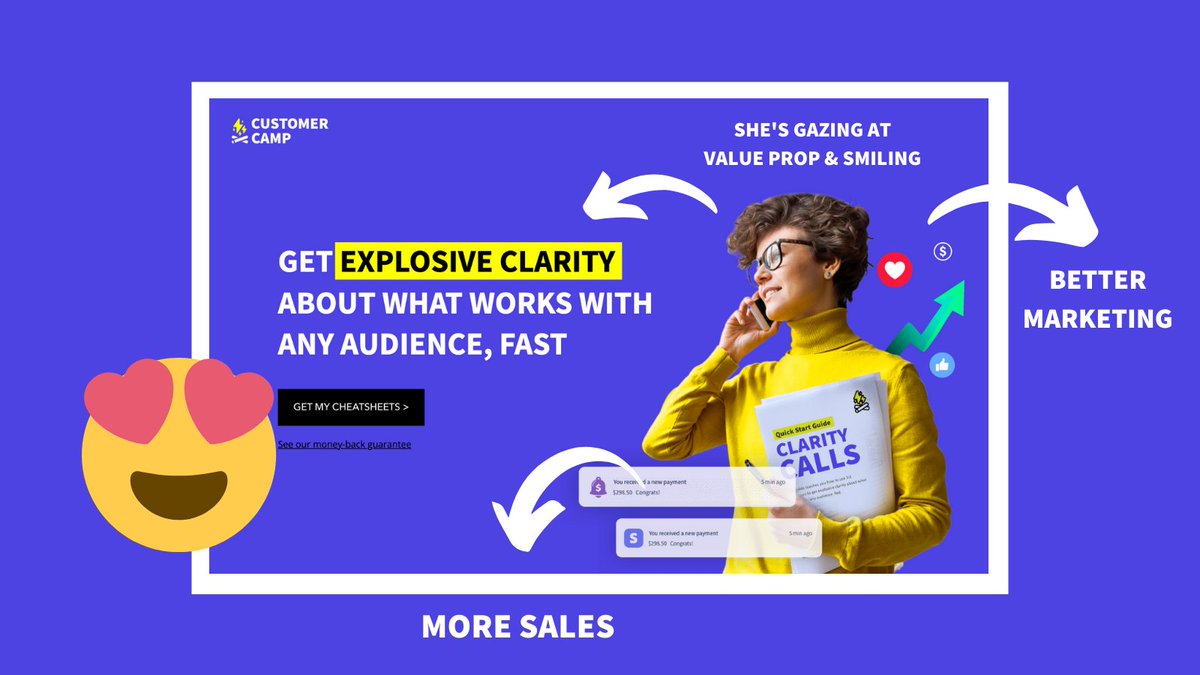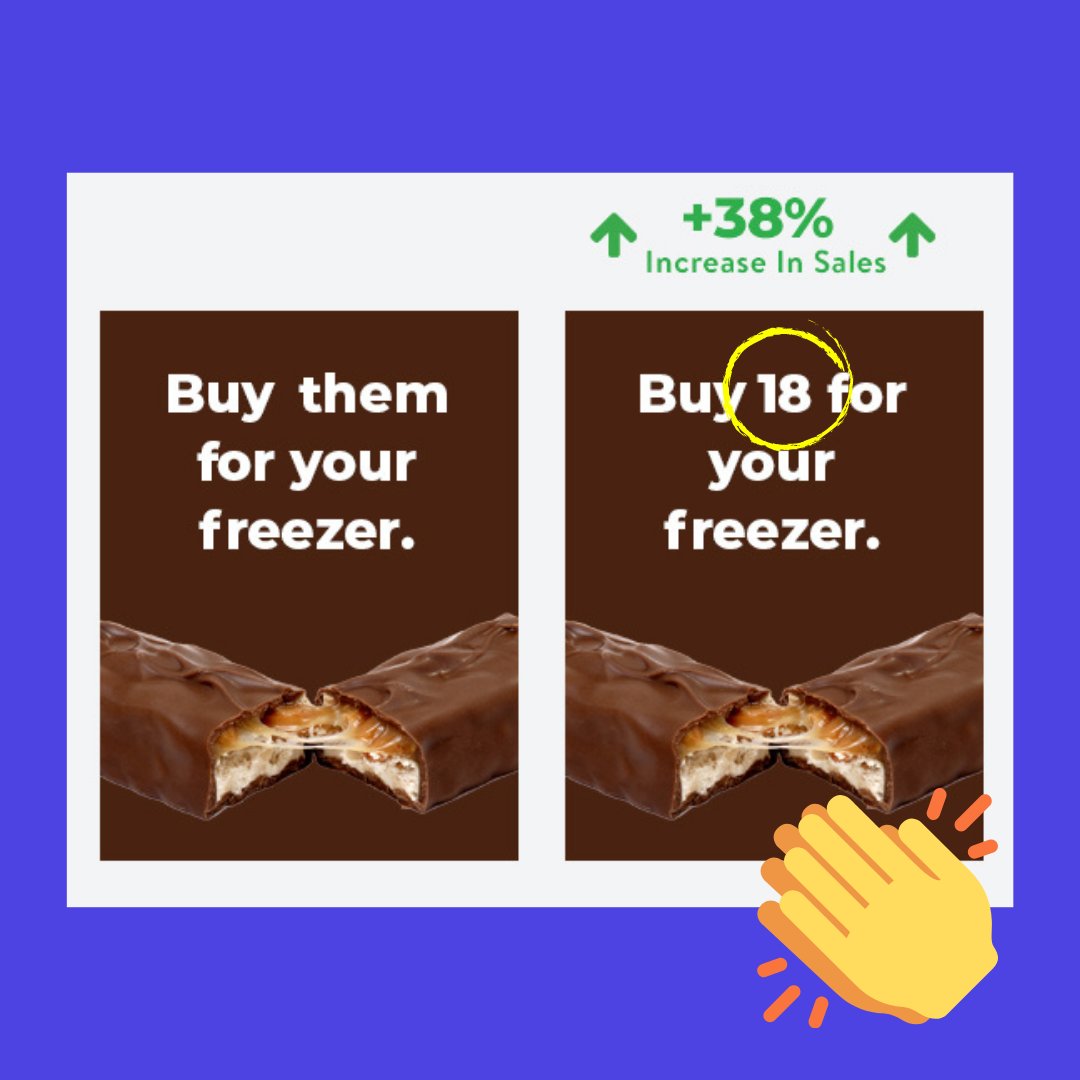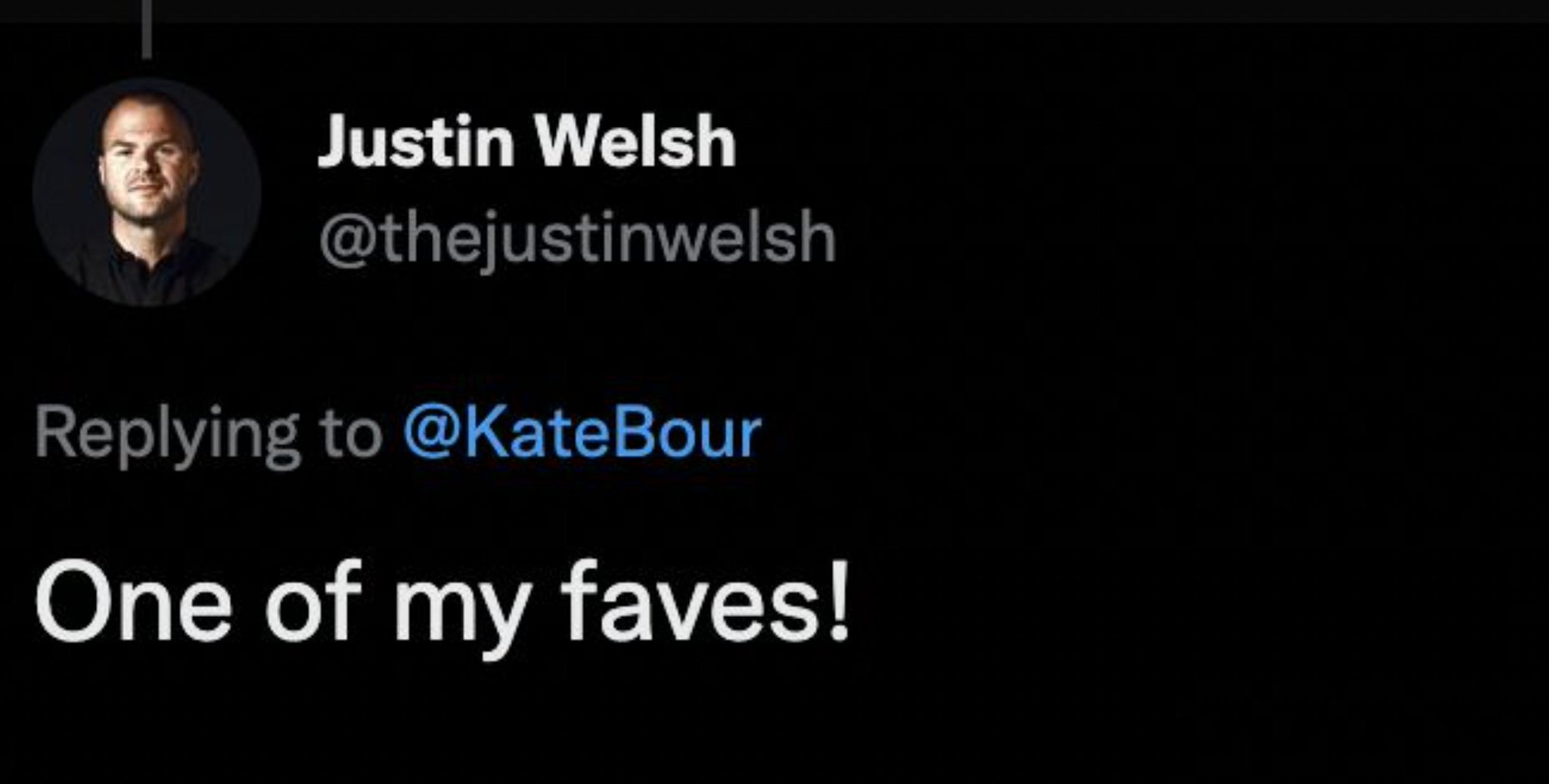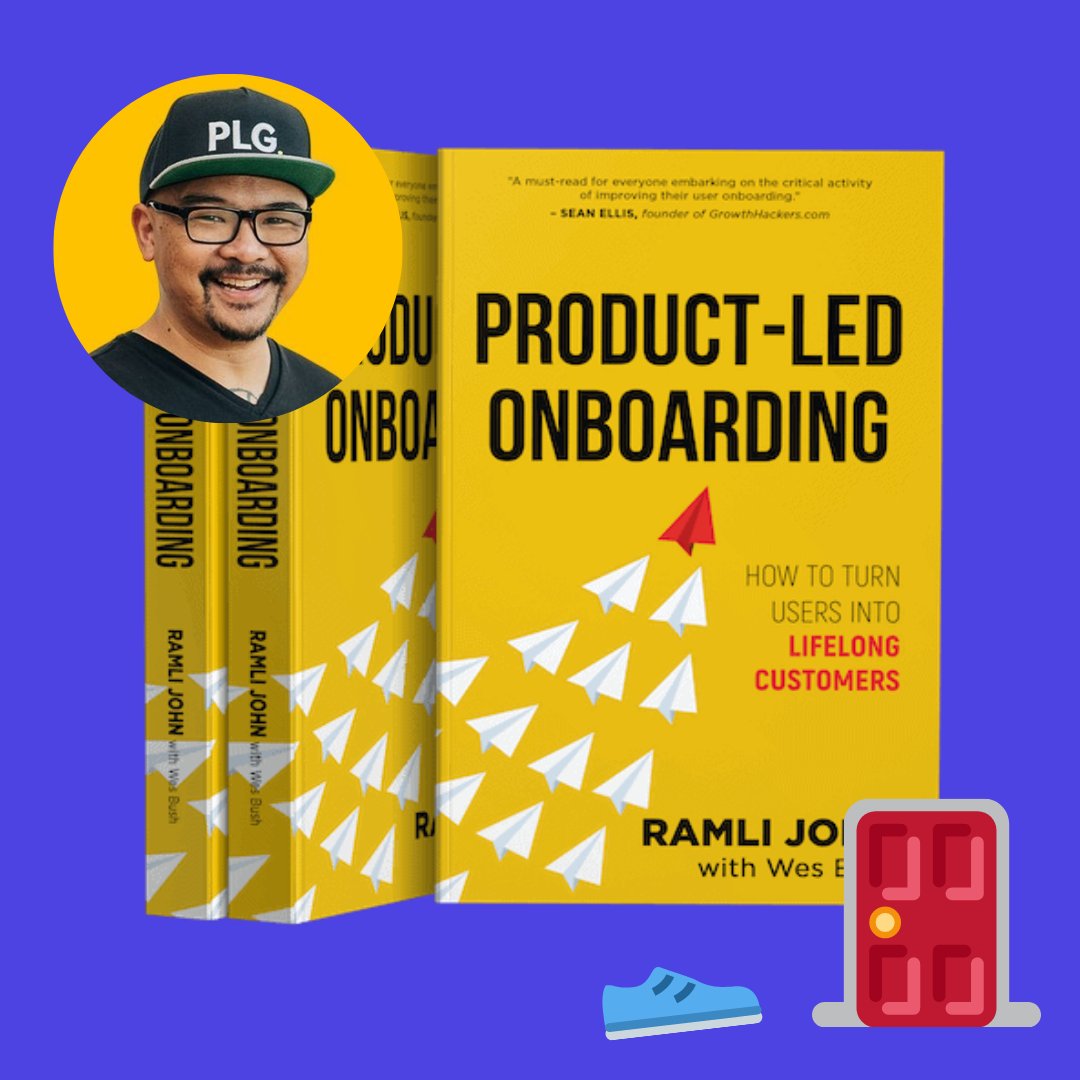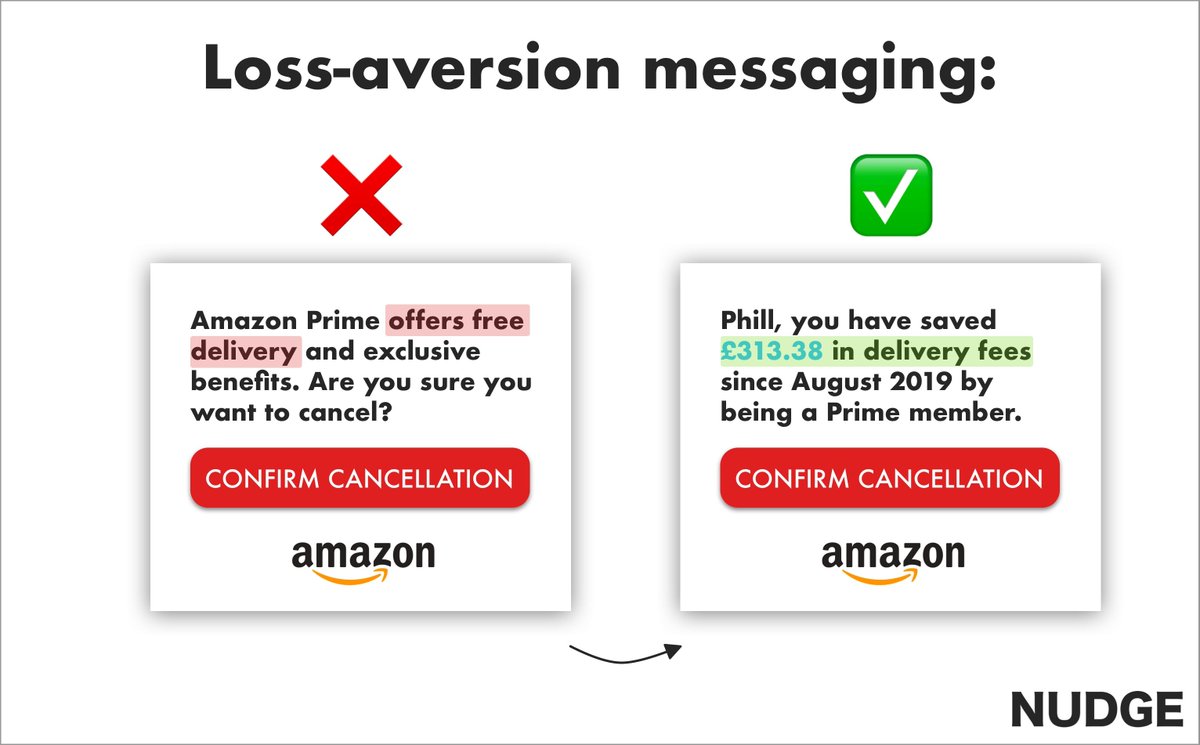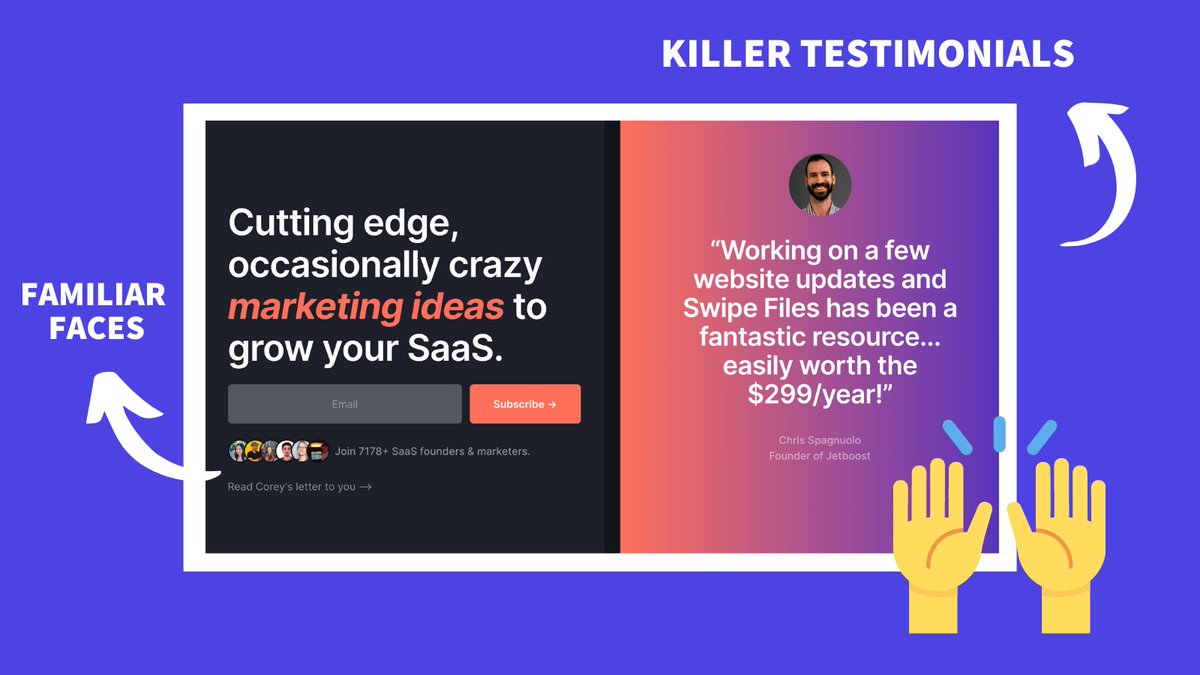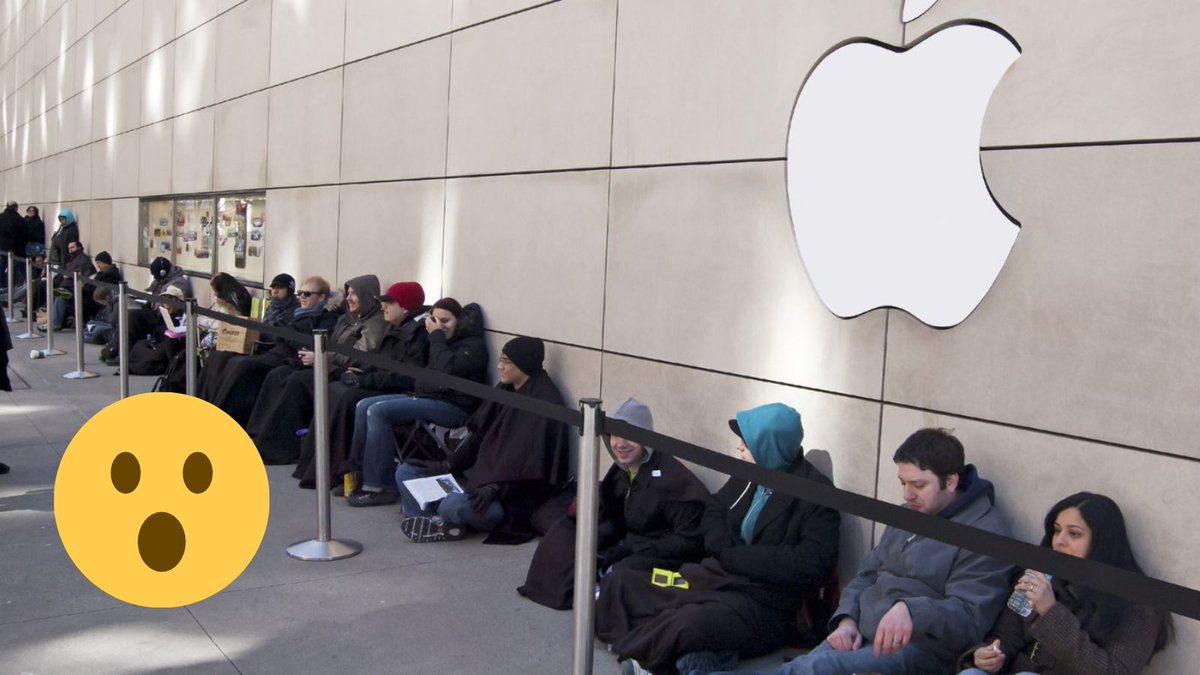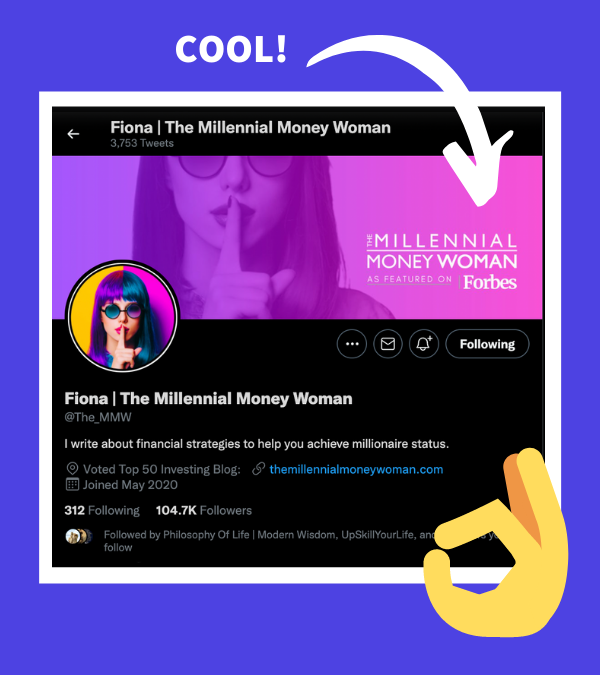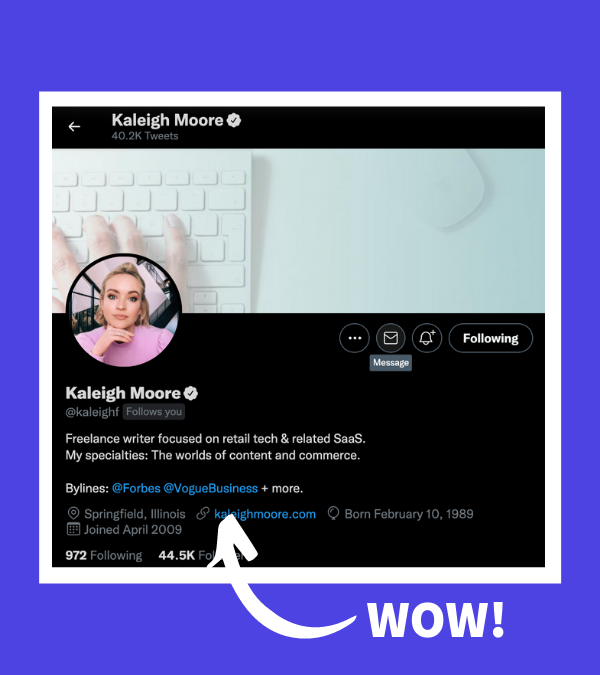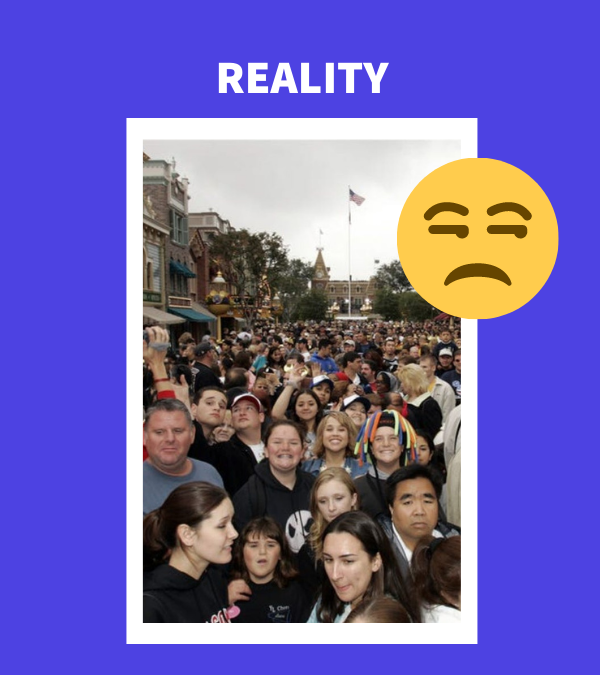Thread
Marketing is applied psychology
Changing just one word or image can have a massive impact
Here are the top 16 concepts marketers need to know:
Changing just one word or image can have a massive impact
Here are the top 16 concepts marketers need to know:
Before we dive in...
1. What you’re about to learn is powerful—use it for good
2. If you read this post all the way to the end, there’s a surprise for you 🎁
1. What you’re about to learn is powerful—use it for good
2. If you read this post all the way to the end, there’s a surprise for you 🎁
1/ TRIGGER EVENTS
Every purchase begins with a trigger event. It’s the moment a buyer realizes they may need a new solution.
Trigger events can be:
Biological (eg. Being hungry)
Situational (eg. Getting engaged)
Emotional (eg. Feeling jealous)
Social (eg. Fight with spouse)
Every purchase begins with a trigger event. It’s the moment a buyer realizes they may need a new solution.
Trigger events can be:
Biological (eg. Being hungry)
Situational (eg. Getting engaged)
Emotional (eg. Feeling jealous)
Social (eg. Fight with spouse)
1/ TRIGGER EVENTS CON'T
When you discover your customers’ trigger events you'll market smarter
You can get in front of people sooner, in less crowded channels, with better message
Apple gets it
If (like millions) you made a new years resolution to get in shape, this ad slaps
When you discover your customers’ trigger events you'll market smarter
You can get in front of people sooner, in less crowded channels, with better message
Apple gets it
If (like millions) you made a new years resolution to get in shape, this ad slaps
2/ MERE EXPOSURE EFFECT
The more we see something, the more we come to like and trust it
That’s why prolific marketers like @TheCoolestCool expertly repurpose their content so they keep showing up in the places their buyers hang out
The lesson?
👉 Show up consistently
The more we see something, the more we come to like and trust it
That’s why prolific marketers like @TheCoolestCool expertly repurpose their content so they keep showing up in the places their buyers hang out
The lesson?
👉 Show up consistently
3/ DISTINCTIVENESS
We’re more likely to notice stuff that stands out from the rest
That’s why @LouisSlices—the king of radical differentiation—changed his headshot from guy in a suit (boring 😴) to feisty marketing-bullshit -fighter
The lesson?
👉 Differentiate (or die)
We’re more likely to notice stuff that stands out from the rest
That’s why @LouisSlices—the king of radical differentiation—changed his headshot from guy in a suit (boring 😴) to feisty marketing-bullshit -fighter
The lesson?
👉 Differentiate (or die)
@LouisSlices 4/ SOCIAL CURRENCY
We’re more likely to share stuff that makes us look good to others
That’s why @JamesClear retweeted this to his 838,000 followers
After all, your book has gotta good if people quote you on sandwich boards, right?
The lesson?
👉 Make sharing gratifying
We’re more likely to share stuff that makes us look good to others
That’s why @JamesClear retweeted this to his 838,000 followers
After all, your book has gotta good if people quote you on sandwich boards, right?
The lesson?
👉 Make sharing gratifying
5/ STATUS QUO BIAS
We’re resistant to change and prefer the known to unknown
That’s why smart marketers like @amandanat use stats, facts, and stories to jolt readers into realizing that sticking with the status quo is risky
The lesson?
👉 Show the risk of doing nothing
We’re resistant to change and prefer the known to unknown
That’s why smart marketers like @amandanat use stats, facts, and stories to jolt readers into realizing that sticking with the status quo is risky
The lesson?
👉 Show the risk of doing nothing
6/ PRIMING
We’re unconsciously influenced by even small details
That’s why I use imagery on my Clarity Call Cheatsheet sales page that primes visitors to connect customer discovery with better marketing and increased sales
The lesson?
👉 Prime people to buy
We’re unconsciously influenced by even small details
That’s why I use imagery on my Clarity Call Cheatsheet sales page that primes visitors to connect customer discovery with better marketing and increased sales
The lesson?
👉 Prime people to buy
7/ THE BARNUM EFFECT
We’re drawn to statements that feel personal (even if they could actually apply to anyone)
That’s why world-class writers like @dickiebush ask Barnum-style Qs like these on his Ship30for30 sales page. Can you relate?
The lesson?
👉 Make it feel personal
We’re drawn to statements that feel personal (even if they could actually apply to anyone)
That’s why world-class writers like @dickiebush ask Barnum-style Qs like these on his Ship30for30 sales page. Can you relate?
The lesson?
👉 Make it feel personal
8/ ANCHORING
The first piece of information we see often sets our expectations
That’s why Snickers grew sales by 38% simply by changing the anchor from ‘them’ to ‘18’ (cc: the @thebrainybiz podcast)
The lesson?
👉 Use anchors strategically
The first piece of information we see often sets our expectations
That’s why Snickers grew sales by 38% simply by changing the anchor from ‘them’ to ‘18’ (cc: the @thebrainybiz podcast)
The lesson?
👉 Use anchors strategically
Are you enjoying this thread?
If so, you'd looooooooove my free newsletter
Why We Buy explores one psychological principle and reveals the hidden reasons why people buy
34,414 smart people like @thejustinwelsh read it weekly
A sign-up link is in my bio: @katebour
If so, you'd looooooooove my free newsletter
Why We Buy explores one psychological principle and reveals the hidden reasons why people buy
34,414 smart people like @thejustinwelsh read it weekly
A sign-up link is in my bio: @katebour
9/ FOOT-IN-DOOR TECHNIQUE
We’re more likely to agree to a bigger request after already agreeing to a small one
This is why product-led growth experts like@ramlijohn suggest letting prospects try your product for free *before* committing
The lesson?
👉 Start with a small ask
We’re more likely to agree to a bigger request after already agreeing to a small one
This is why product-led growth experts like@ramlijohn suggest letting prospects try your product for free *before* committing
The lesson?
👉 Start with a small ask
10/ LOSS AVERSION
We’re more motivated to avoid losses than we are to receive gains
That’s why Amazon highlights the savings people could *lose* when they cancel their Prime membership to deter them from canceling (cc:
@p_agnew)
The lesson?
👉 Highlight what’s at stake
We’re more motivated to avoid losses than we are to receive gains
That’s why Amazon highlights the savings people could *lose* when they cancel their Prime membership to deter them from canceling (cc:
@p_agnew)
The lesson?
👉 Highlight what’s at stake
11/ SOCIAL PROOF
We're more trusting of stuff that other people already trust
That’s why smart marketers like @coreyhainesco pepper their newsletter signup pages with glowing testimonials and headshots of well-known marketers
The lesson?
👉 Let others sell for you
We're more trusting of stuff that other people already trust
That’s why smart marketers like @coreyhainesco pepper their newsletter signup pages with glowing testimonials and headshots of well-known marketers
The lesson?
👉 Let others sell for you
12/ SCARCITY
We place a higher value on things when they're in limited supply
That’s why when Apple releases a new product they limit the number available so that they create a buying frenzy
The lesson?
👉 Reducing availability can drive demand
We place a higher value on things when they're in limited supply
That’s why when Apple releases a new product they limit the number available so that they create a buying frenzy
The lesson?
👉 Reducing availability can drive demand
13/ AUTHORITY BIAS
We’re more trusting of authority figures (eg. doctors, celebrities, media)
That’s why baddies like @kaleighf and @The_MMW
showcase the big publications they write for or have been featured in their Twitter profiles
The lesson?
👉 Showcase your authority
We’re more trusting of authority figures (eg. doctors, celebrities, media)
That’s why baddies like @kaleighf and @The_MMW
showcase the big publications they write for or have been featured in their Twitter profiles
The lesson?
👉 Showcase your authority
14/ RELATIVITY
We struggle to understand the value of a purchase without something to compare it to
That’s why Costco puts the TVs & laptops near the entrance. Seeing how cheap big-ticket items makes other products appear cheaper too
The lesson?
👉 Use contrast to show value
We struggle to understand the value of a purchase without something to compare it to
That’s why Costco puts the TVs & laptops near the entrance. Seeing how cheap big-ticket items makes other products appear cheaper too
The lesson?
👉 Use contrast to show value
15/ BANDWAGON EFFECT
We’re more likely to do something if everyone else is doing it
That’s why in 1957 McDonald’s started showing how many customers they’d served on their signs. Today, McDonald's serves 62M customers PER DAY 😲
The lesson?
👉 Showcase popularity
We’re more likely to do something if everyone else is doing it
That’s why in 1957 McDonald’s started showing how many customers they’d served on their signs. Today, McDonald's serves 62M customers PER DAY 😲
The lesson?
👉 Showcase popularity
16/ PEAK-END RULE
We judge experiences by tge peak moment and how it ends
That’s why Disney carefully crafts the experience to deliver high peaks and positive ends for guests (so they forget the crowds or hours spent waiting in lines)
The lesson?
👉 Create positive peaks/ends
We judge experiences by tge peak moment and how it ends
That’s why Disney carefully crafts the experience to deliver high peaks and positive ends for guests (so they forget the crowds or hours spent waiting in lines)
The lesson?
👉 Create positive peaks/ends
Bonus tip 🎁
17/ RECIPROCITY
When we're given something, we feel an urge to return the favor
That’s why I’m asking you...
If you feel like you got value from this thread (that took me ~5 hours to make), would you RT it so more people can see it?
I'd be so 🙏
17/ RECIPROCITY
When we're given something, we feel an urge to return the favor
That’s why I’m asking you...
If you feel like you got value from this thread (that took me ~5 hours to make), would you RT it so more people can see it?
I'd be so 🙏
Mentions
See All
Phill Agnew @p_agnew
·
Jan 18, 2023
Fantastic @KateBour thread as usual 👇
